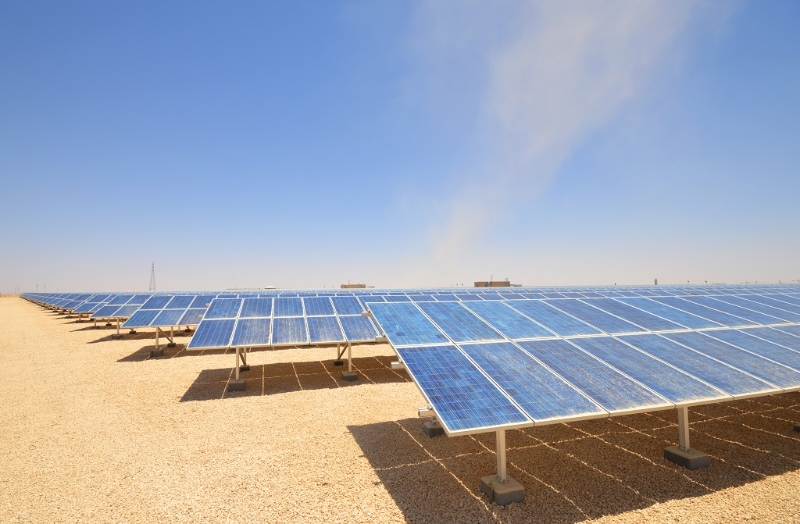On this, the day after the biggest total eclipse the U.S. has seen for nearly 100 years, we look to the sky in relief.
It’s over.
Everything’s back to normal.
Except that things are only going to get weirder from here on out.
In the next few years, the world will be bringing on more solar energy capacity than ever before, which means the next eclipse, which will hit the U.S. in 2024, will be an even bigger deal than this one.
As Megan Barnard explained yesterday, the eclipse was the first major test today’s modern solar panels have faced.
After all, there’s no better test for solar panels than a total eclipse of the sun!
In light of that, it will be interesting to see which countries dominate the solar energy space by then.
Where Is Solar Energy Going Next?
You may be surprised to find out that several of the most fossil-fuel dependent countries in the world are working to bolster their solar energy infrastructures.
China and India are doing so to cut back on reliance on dirty coal energy.
Still other countries, such as Saudi Arabia, are doing it not only to reduce pollution, but to reduce domestic oil consumption as well.
Though the country is among the top oil producers in the world, the amount of oil it uses at home is staggering. Nearly a quarter of its total production goes to domestic electricity production, and highly inefficient production at that!
As such, the country is now investing billions in clean energy, especially solar.
Not only is the country bringing massive solar farms online, including one to help power its state-owned oil behemoth, Saudi Aramco, but the country is now allowing its citizens to cut back on oil-heavy electricity themselves.
Saudi citizens are now permitted to install between 1 kilowatt and 2 megawatts (2,000 kilowatts) of rooftop solar.
These systems will still need to be connected to the larger energy grid, but that’s more of a benefit than a catch.
For those lucky enough to live in particularly sunny areas, Saudi citizens will also be allowed to participate in net metering.
Net metering allows solar owners to produce and use all the energy they need, then sell any excess energy back to utilities on the energy grid.
The ability to sell the clean energy back to the grid was a boon to early solar investors in the U.S.
For a country moving away from dominant fossil fuels in such a big way as Saudi Arabia, it could mean an even bigger jump in the value of solar over the next few years.
To continue reading about Saudi Arabia’s solar push, click here to read the Reuters article.

